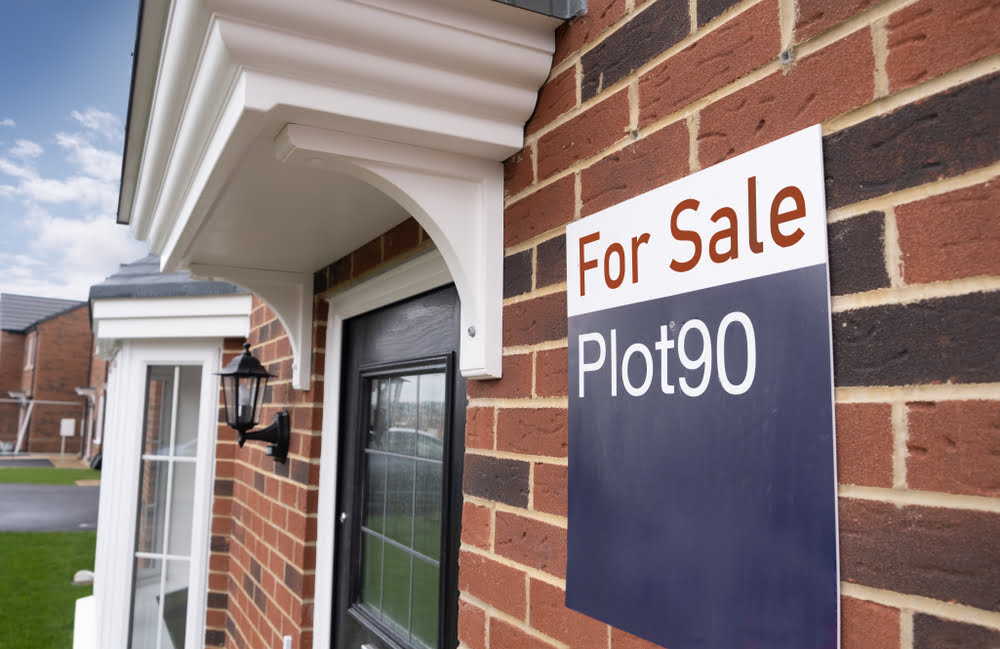Tempted by the idea of buying a brand-new home that doesn’t need any work? Read on before you commit…
New build homes have seen increased demand recently, which is understandable, as they can be more energy efficient, and there’s also the convenience of moving in and not having to redecorate.
Research from the website, Whathouse.com showed an 11% increase in those searching for a new build home in July this year compared to June. According to the website buyassociation.co.uk, there was a 23% increase in online searches for new build homes in the North East, though increased demand was evident nationwide.
While it’s tempting to want a completely new, immaculate home, when you buy an existing property, you can see exactly what you’re getting. With a new build home, you’re often relying on the builder’s blueprint. It’s therefore important to do your due diligence before signing on the dotted line. Here are some key things to think about…
Location, location, location
One of the most important things to consider when buying any type of property is its location. With a new build home, you may not have as much choice as you would with an existing home. However, it’s still important to consider things like the surrounding neighbourhood, schools in the area, and commute times.
The builder’s reputation
Before you buy a new build, it’s important to research the builder’s reputation. Find out how long they’ve been in business, and check out their previous projects. What do their past customers have to say? A reputable builder will be open and honest about their work.
The size of the property
New build homes can often have smaller rooms than older properties, and rooms will look more spacious than they really are without any furniture. Judge your potential new place by what you see in the furnished show home, as that’ll give you a true idea of how much space you’re likely to have (assuming the show home is the same layout as your desired new property).
Completion time could take longer than you think
You might hear about short and long stop dates in relation to new build homes. The short stop date is when the builder expects the building work to be finished. The long stop date is when they are compelled to be finished. To be on the safe side, it’s best to assume they will finish on the long stop date.
You will pay more
New build homes are more expensive than comparable existing properties. This is partly due to higher building and construction costs, high demand, and the fact that your new abode is likely to have lower energy bills. You’re also paying for the privilege of having a new property.
You can try to negotiate on price
Even though your desired property is a new build, there’s no reason why you can’t negotiate with the building firm on the price. If you are in a strong position and have already sold your home, or you’re a first-time buyer without a property to sell, it may be worth putting in an offer. Incidentally, if you’re a first-time buyer, there are schemes available to help you get onto the property ladder.
Check the warranty situation
Builders usually offer a warranty for new build homes for ten years. This is an insurance policy taken out by the builder or developer and covers structural defects. It is designed to protect you and your lender, and most lenders will require a structural warranty to be in place on a new build property. The warranty may be called a New Home Warranty, New Build Warranty, Latent Defects Insurance, and Inherent Defects Insurance.
While there are obvious benefits to buying a new build, it’s important to do your homework – from checking the development plans to getting a clear understanding of what’s included in your purchase price. This will help ensure that you’re happy with your new home for years to come.

